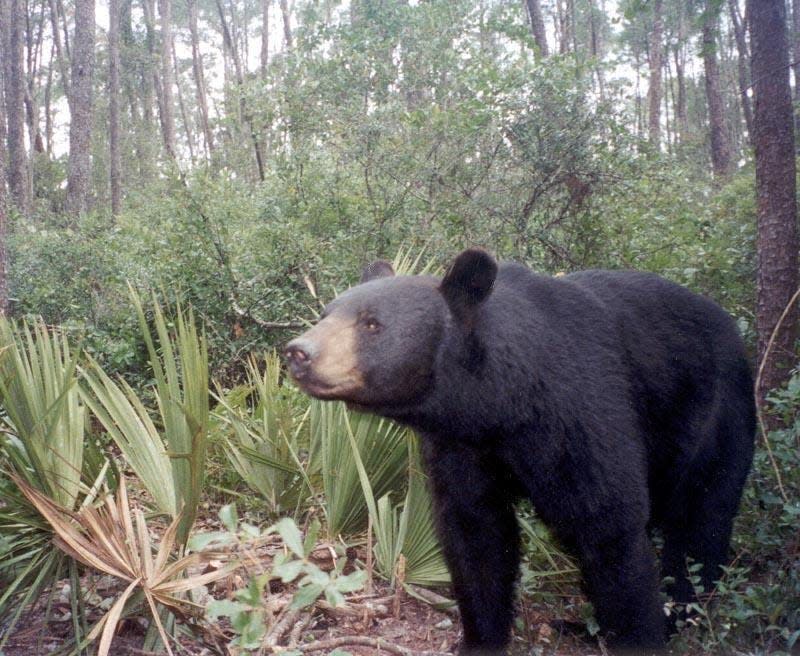Is a legal Florida bear-hunting discussion right around the corner? | Ian Nance

Social tolerance, as a concept in wildlife management, posits there are limits to the negative impact animals can have before people demand action.
Also known as social carrying capacity, think deer eating gardens. Coyotes eating cats. Gators eating dogs.
In parts of Florida, the social tolerance discussion of the day is black bears eating garbage. Bears breaking and entering homes. Bears visiting Disney World. The black bear outbreak has become so bad in Franklin County, the sheriff posted an impassioned plea on Facebook seeking help from the Florida Fish and Wildlife Conservation Commission to mitigate the impacts of these animals that are overrunning the area.
With little public movement from FWC, so far, the state legislature involved themselves. If adopted, HB 87 and SB 632 will allow “the use of lethal force to take a bear without a permit … if a person feels threatened and believes that using such force is necessary to protect himself or herself on his or her private property.”
Freshwater fishing in Polk: Bass biting strong as the fish bed down. Speck bite is solid
This is not sound wildlife management. According to the summary analysis in HB 87, in 2022, FWC received 5,907 bear-related conflict calls, and between 2009 and 2018, they euthanized an average of 38 bears annually because of public safety risks. Most mortalities were associated with bears rooting through garbage or other “human-provided food sources.”
And enter the bear-hunting discussion. The most common, successful and scientifically proven population management tool for bears is regulated hunting. Of the 41 states with bear populations, 33 of them conduct hunts. All have stable to increasing bear populations. The lone no-hunting exception for a state with a bear population exceeding 600 animals is Florida.
The trouble with bear hunting boils down to politics rather than science. There exists a vocally successful anti-hunting contingent that screams out at the whisper of another Florida hunt, whether one would be beneficial to the overall health of the bear population and the people who live beside them or not. Since 2015, the FWC has assumed the stance that it’s been better to table further hunts lest risking the general public’s positive perception of hunting in a larger sense.
Truthfully, many hunters share mixed feelings about personally bear hunting, and if you don’t know or care much about hunting in general, that’s OK, too. Wildlife management aside, I will say their pragmatic status as a game animal is unquestioned.
Hunting them is fine sport, and my Bear-ia Tacos belong on a fine dining menu. Those hit by cars, euthanized or poached are wasted resources and a waste of potential revenue to invest in bear research, BearWise education, or bear-proof trash cans in communities where hunting is not an appropriate tool.
One final thought: Black bears have bounced back in a big way. What doomed Florida’s black bears in the early 1900s was habitat loss, poor land management practices, and unregulated hunting. Habitat loss continues, and I share in that sorrow with the most fervent anti-hunter. Thankfully, robust land conservation initiatives are active today.
Hunting: Brooksville Squirrel Hunt is right around the corner. But beware of Squirrel Eye | Hunting
What is usually missed with bears, though, is they’re not a niche species that require narrowly defined habitats like the scrub jay. Bears are a generalist species that are adaptable and will continue to flourish around people and the messes we make.
At any rate, stay tuned. The Florida bear hunting debate is likely to start anew. My hope is FWC acts fast to establish a legal season.
Ian Nance writes a biweekly hunting column for The Ledger.
This article originally appeared on The Ledger: Controlling bears with random lethal force isn't good policy | Nance

